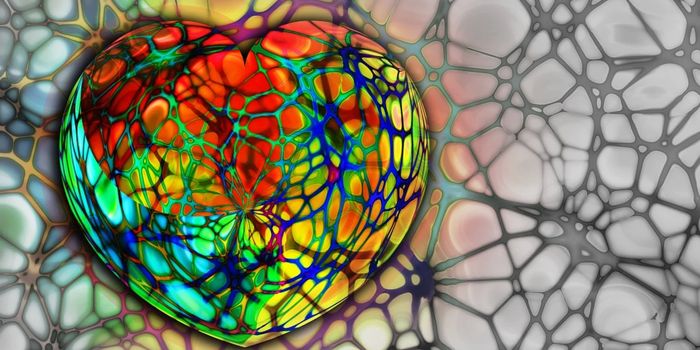DNA Construction Kit Could Drive Down Costs of Immune Therapy
Researchers at KU Leuven in Belgium have created a DNA construction kit that, when injected into muscle cells, enables sheep to produce new antibodies to fight disease. Cheaper and more efficient than current methods for producing antibodies, the researchers are one step closer to using this method to improve current immune therapies for humans.
Antibodies serve an important function in the body; protecting us from viruses and bacteria. With most immune therapies making use of them, they are currently produced in large industrial bioreactors in a complex process that drives their costs up to hundreds of thousands of dollars to deliver per year.
This may soon change however. A research team from KU Leuven working together with PharmAbs have developed a method to produce antibodies that could drive down these costs and make immune therapies more accessible. But how?
According to Professor Kevin Hollevoet, a leader of the research: “Just like other proteins, each antibody has a unique DNA code with building blocks and instructions...to get this information into the body, we put the desired code in a specially developed plasmid, which is a circular string of DNA. The plasmid functions as a vehicle for the DNA code (KU Leuven: 2019)."
To deliver this therapy, the researchers first injected this DNA construction kit into the muscles alongside a short series of light electric shocks to ensure its receipt by the muscle cells. Once received, the muscle cells begin to unpackage and read the DNA code to produce antibodies that are then sent to the blood, where they may circulate and begin to take effect.
Although previously successful on mice, the researchers were unsure of its therapeutic effects on humans. Thus, prior to conducting human trials, they tested this method on sheep due to their similar weight, muscle mass and blood volume. Looking at the results from the sheep’s blood tests afterwards, they found the treatment led to the production of sufficient antibodies for this method to be used as a treatment. Adding to this success, almost a year following the trial and initial injection, the researchers were still able to detect these antibodies in the sheep’s blood.
According to Professor Paul Declerck, another leader of the research: "The fact that this technique also works in larger animals shows that this kind of treatment could be possible for humans. It's a milestone for antibody gene therapy."
At present, the researchers are working with different research groups and companies to further refine their methodology. They ultimately hope that this method may be improved to treat cancer, as well as other diseases of the immune system. On top of this, they see possibilities for the treatment to be used to combat infectious diseases including HIV and the flu, as well as neurological diseases such as Alzheimer’s.
Sources
Hollevoet, Kevin et al: Liebertpub
KU Leuven, Science Daily









